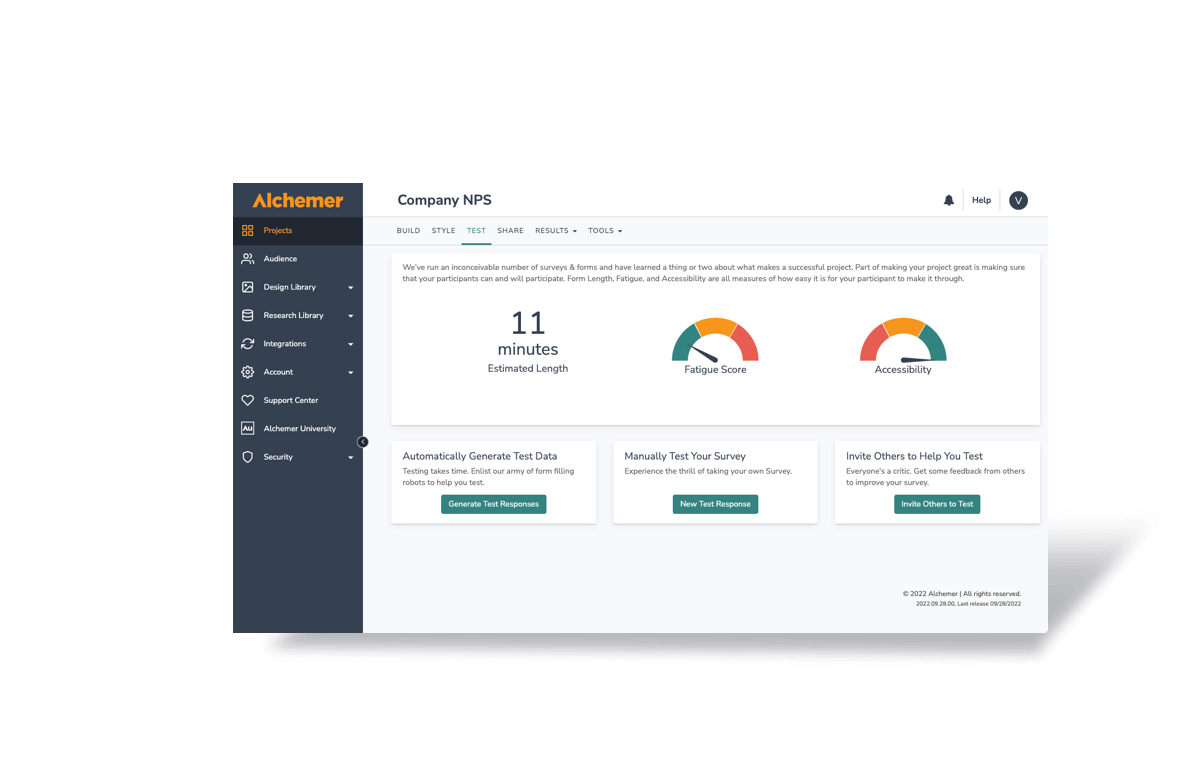Technology has generated some amazing ways to make us more productive, hasn’t it? For example, I’m extremely grateful I can type this out on a laptop instead of fumbling around with parchment paper and a quill.
But as they say, every blessing has a curse. In this case, the curse is that expectations in the workplace have been substantially raised by these advances. This is especially true for the modern manager, who is asked to balance more tasks, more devices, more strategic initiatives and more good old-fashioned people management skills than ever—and yet there’s still only 24 hours in a day.
Given that managers are often asked to critically review their employees’ performance to award bonuses and encourage improvement and career development, this begs an important question:
Do managers still have the capacity to hold effective performance reviews?
At Software Advice, a technology company that researches 360 feedback tools, we set out to find the answer. To do so, we surveyed nearly 300 U.S. employees about both the quantity and quality of the interactions they have with their managers and how confident they are in their manager’s ability to assess their performance.
Here’s what we learned.
Some Workers Aren’t Getting Quality One-on-One Time
Nearly a third of employees in our survey (31 percent) say they only have regular one-on-one meetings with their manager once a month, once a quarter or once a year. Another 6 percent say they don’t regularly meet with their manager at all.
Frequency of Meetings With Managers: More Important Than You Think
Meetings may seem pointless at times, especially when there are so many other priorities in the workplace, but they do matter. In fact, Gallup found that employees who met with their managers regularly were three times more likely to be engaged at work than those who didn’t.
Regular meetings are important for managers, too. They allow them to get a more comprehensive, up-to-date snapshot of how their employees are doing so they can do a proper evaluation come performance review time.
Simply put, if your managers are too busy to have regular meetings with their direct reports, then they’re too busy, period. In this case, you should offload or deprioritize some of their responsibilities so they can regain this valuable time with their workers.
Meetings With Managers Aren’t Always Productive
It isn’t enough that managers and workers sit in the same room from time to time. Meetings should be productive, so that employees can understand what is expected of them and so managers can gain insight into whether employees are meeting their outlined goals and objectives.
Unfortunately, this doesn’t always happen. Though 70 percent of employees in our survey say they find meetings with their manager “very” or “moderately” productive, 31 percent (error due to rounding) still find them “minimally” or “not at all” productive.
How Do Productive Employees Find One-on-One Meetings With Managers?
If your workers find meetings with their managers pointless, it’s time for an overhaul. Here are four tips for managers to make these valuable meetings worthwhile:
- Define expectations for the meeting beforehand so each party has time to prepare
- Be on time to meetings and put away the computer—just sit, talk and listen
- Don’t be afraid to give negative feedback. Despite what you may think, employees want to hear it
- Thank employees for their time and follow up with any specific actions they should take
1 in 5 Aren’t Confident Their Manager Can Accurately Assess Performance
As evidenced above, some managers are lackluster at having meaningful interactions with their workers. The end result of this is that 19 percent of employees say they are “minimally” or “not at all” confident that their manager can properly assess their job performance.
Employees Don’t Have Confidence That Managers Can Properly Assess Their Performance
In order for the performance review process to be effective, workers have to trust that their managers have enough information—qualitatively and quantitatively—to conduct a fair assessment. If there’s no trust, then employees can easily ignore their grades and feedback, or worse, actively resent them.
So what’s the solution?
Incorporate More Points of View With 360 Feedback
Ultimately, asking your managers to assess their employees’ performance solo is a bit like creating a 3D model using a 2D photo. No matter how often your managers set aside time to meet with workers or how many spreadsheets of performance data they track, their single perspective is still inherently limited.
360 feedback fixes this problem by incorporating multiple points of view from the people that see how your workers are really performing. The end result is a more comprehensive assessment, which your employees will feel more accurately represents their situation.
According to our survey respondents, co-workers, direct reports and even external parties such as customers can potentially offer more insight into an employee’s job performance than managers can.
Group With Greatest Insight Into Performance, According to Employees
360 feedback tools such as Alchemer make it easy to capture these perspectives and analyze through a variety of features:
- Preset templates and question banks for creating feedback surveys
- Surveys that can be assigned to various roles with deadlines for completion
- The ability to view aggregated results and identify trends
Conclusions
Even if your managers could conduct performance reviews all on their own, that doesn’t necessarily mean they should. Just as your teams rely on multiple perspectives to find the best solution to a problem, managers should use multiple points of view to create a more reliable—and scalable—employee performance review.
And in this instance, technology is certainly a blessing (instead of a curse) to make this process easier and more streamlined. If you haven’t considered investing in a 360 feedback platform before, now might be the time.




